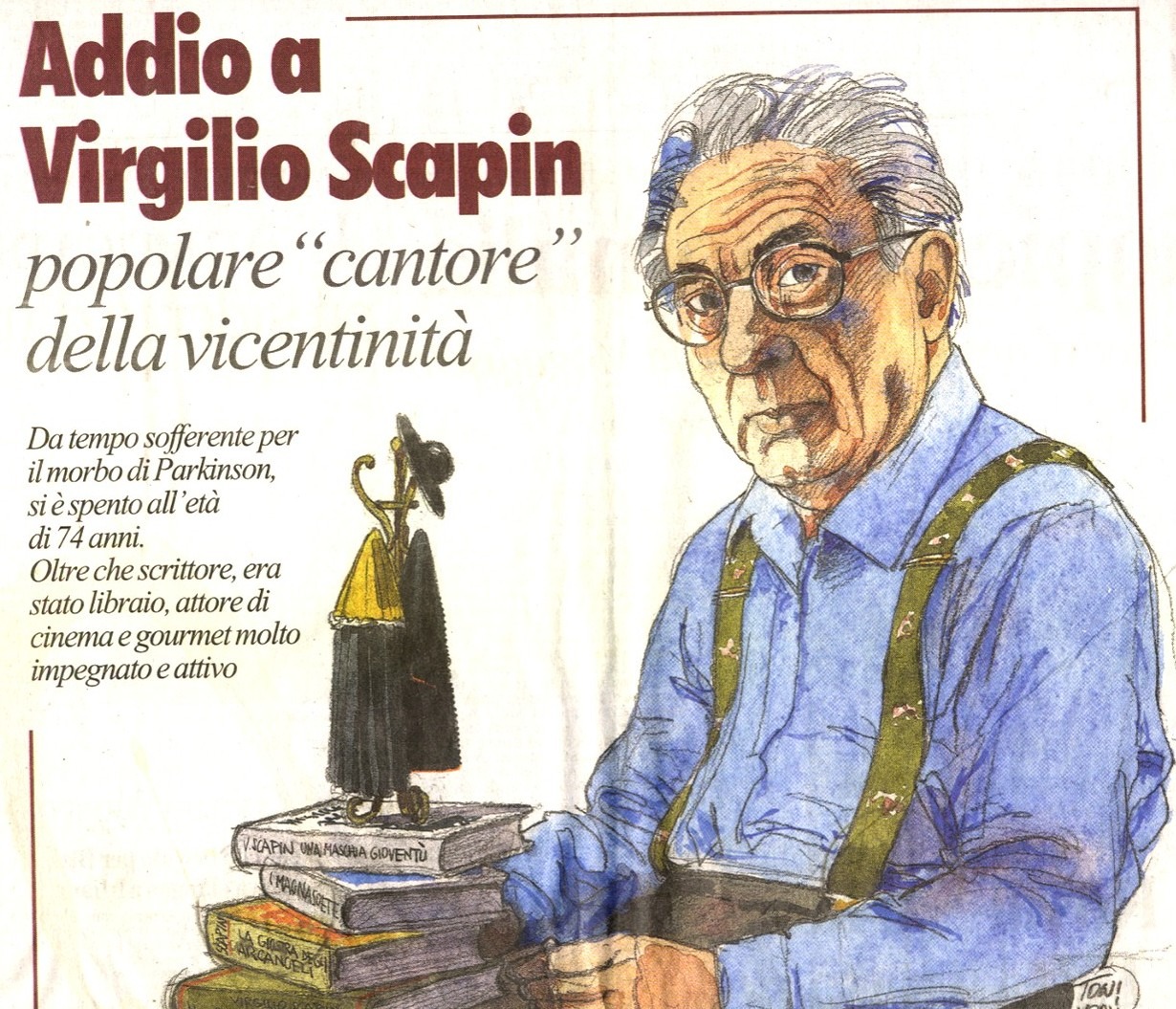A page from “Il Biblionauta.”
Curated by the library Bertoliana, dedicated to the book “Magnasoete” by Virgilio Scapin published by the “Giornale di Vicenza” is part of the posthumous revisitation of the work of the Vicentino writer, hopefully destined to keep his memory alive.
Other contributions may still come from Bertoliana to whom Scapin donated what he had preserved of his archives. However, not particularly full-bodied. In fact, cataloging and classification are never quite the same as the style of the writer’s preferred mental archiving to having it in paper.
As for the idea that everything written in his hand could be the subject of posthumous study, this was also not suited to his modesty, little inclined to think that someone would one day take care of his papers. To those who said to him: “Virgilio you are great” he answered in a dry manner: “and fat!”
So he did not think to keep the smallest writing of the same text in order to allow the analysis of the evolution of his manuscripts before reaching his final text. Certainly in the computer age, the possibility and therefore the interest in this study have completely disappeared. Nothing to do, for example, with the next five minutes interspersed with print drafts with which it is possible to analyze certain novels of Balzac.
The bottom of the Bertoliana contains several folders written by typewriter, with spelling corrections, but very little that allows you to understand how the bookseller of Contrà Do Rode has come from time to time to the definitive beating of the Typewritten folder.
It is the case of “I magnasoete” to which Fernando Bandini has always considered his most beautiful book and of which he wrote the preface. With the collection of Breganzesi Tales, Scapin was then totally identified having passed with that spontaneous freshness of writing the subsequent works emanating from more mature literary works. But the Bertolina typescript also has a certain documentary interest because it is the one that Scapin wanted to subject to the magnifying glass of a critic like Neri Pozza.
Evidently the precedent of “the provisional cleric” had not demoralized him. In the beautiful interview with Maurizia Veladiano published in the “Giornale di Vicenza” in 2000, and republished on the occasion of his death, he had said about his first novel: “I took some pages of what would later become” the cleric Temporary “to Neri Pozza. He told me to give myself to the horse. A suggestion that instead of tearing me down, it galvanized me. I continued to write and, with my lump under my arm, I introduced myself to Comisso. This time it went better. Together we knocked at the door of Longanesi. We also found Parise there. It was a homecoming. I published the “cleric”. Since then I never stopped. “
no one knows what Neri has said about “I Magnasoete”. However, his corrections remained, all punctually welcomed by the author, that secret in the pages published by Bertani and in the refined edition out of trade with which Ugo Dal Lago wanted to pay tribute to his friend Virgilio, appear unveiled in the typescript of Bertoliana.
From the modifications of Neri Pozza certainly emerges a stimulus, an encouragement to the use of dialect whose intrusion into the writing of Scapin for Bandini “responds to a more immediate need for physicality that wants to give the sense of the flavors and colors of that world that He has proposed to tell us. “
So for example in the story “La Fiora” “People” have become “the Fémene”, the “Birds” “The Séleagues”, the “military” I “Soldà”, the “bird” the “Osèlo”, “oiled” “onto”. Or, in the story “La Prete” The sack containing the minced wheat of the peasant who “remained pier pier like the stomach of a man after a morning in Pico and Baìle” replaced the “Stomach of a man full of hunger” of the original version. In “The Vedato” the “Yellow Foje” became “Zale”, “the plant that pulls its last Ciucià de Vita” replaces the one that pulls “his last suck of lymph”. Or “The Visèle fall on the ground with the Cai Despetenà” and not “undeserved”.
In the Cuckoo cuckoo Cuckoo Jump down the “Corporal Artilleryman Pietro Colle was Brao [and not” Bravo “] by mules and recruits”; The “mazzate” of the mules became “Pache Orbe”; “The continuous up and down of wagons” were “continuous displacements”; The “tons of luàme” have replaced the “tons of shit”; And the “whores who sent them to Ramengo” took the place of the “whores that disdain them.”
Better “the mouth stropà” for Neri Pozza than “the mouth sealed” or “Remengo le Vache” than “in Mona Le Vache” or “a Salado along Mezo Brasso” than “a salami of respectable proportions.”
The “pane ingropà nel gargato” replaces the “bread clogged in the Gargato” of the Alpine Pezzotta, the Bergamo who replaces Corporal Colla in the barn of mules. And it’s the same bread that “falls de Rabalton in his stomach” instead of “it falls roaring”. The horse “Imbizzarrito” becomes “Spaurà” and the Bergamo when he wakes up, does not “launch a scream” but “pulls a Zigo”.
And again “to the doctors must always be given respect” and not “reverence”. And even “from the hills the doctors had never made Gnaro” sounds better than “they had never been home”.
But Neri Pozza also adds more to the simple intrusion into the Italian linguistic mixture-dialect of “I Magnasoéte”. The friendship allows him an imperious recommendation that concludes his reading of the Tale “Cuckoo”: “Be careful: asses, mules, shit, sweat, etc. Do not exaggerate, because the value of these names is to the extent that you use them (even breaking the balls). The spelling-the accents-should be cured very much. I will have put a hundred. Are there any question marks? “
Hence the examination of the typescript also reveals the personality of his secret examiner to whom Virgilio relied without fear. Was it not the same publisher who in reviewed and read Gadda, Montale, Sbarbaro, Luzi, Cardarelli, Bontempelli, Buzzati, Parise?
With no one Pozza had renounced his intransigent rigor to the point that Buzzati had affectionately called his “gruff editor” or even “slave”.
To everyone he gave advice and corrections with that harsh behavior that corresponded to his frowning gaze. Could he have escaped the Scapin that, on par with Bandini, enjoyed the privilege of an unparalleled friendship?
And it’s almost like seeing them again, when in the evening, the publisher went to visit him in Contrà Do Rode at the end of a day of work.
He entered the bookstore and sat in the armchair next to the perch that constituted the position of the bookseller. But it was precisely the time that Virgilio started the canonical closing operations. “Te sari sempre quando rivo mi!”. “Ma Neri, te rivi sempre quando xé ora de sarare.”
Pio Serafin

(Pio Serafin)


